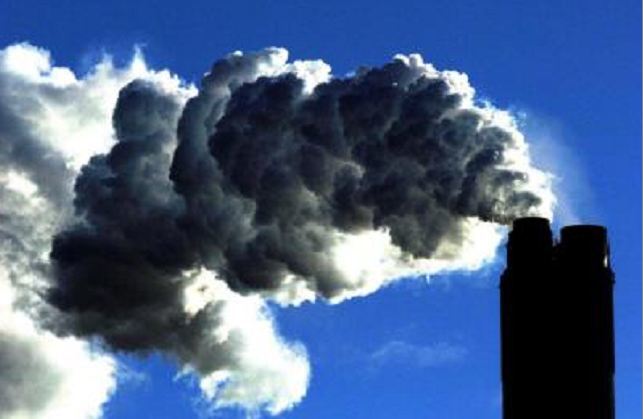
In June this year, the UK became the world’s first major economy to commit to a target of net zero emissions by 2050.
The legislation is an important step towards tackling the climate emergency, but only if good intentions are backed up by radical action. If the target is to be met, fundamental and systemic change to our economy is required.
Firstly, climate goals will have to be placed at the heart of economic and industrial policy. It is no longer possible to separate the target of cutting net emissions to zero from efforts to boost growth and productivity. Whatever your views on the so-called “Green New Deal” touted on both sides of the Atlantic, the recognition that economic and climate policy are inextricably linked is an important breakthrough.
The challenge is to free our entire economy from dependence on fossil fuels within 30 years. Currently, UK (and global) industry remains addicted to fossil fuels as an energy source, and as a raw material for industrial processes such as the manufacture of plastics. We won’t be able to achieve net zero CO2 emissions without breaking the cycle of dependence.
Moving towards a more circular economy – an alternative to the ‘make, use, dispose’ model that currently prevails – is an essential part of this. Replacing fossil fuels with renewable sources of energy, such as wind, solar and tidal power, will be a key priority. So too will be the replacement of non-renewable raw materials sourced through extraction with renewable and recycled alternatives that, at worst, cause no environmental harm and, at best, help to regenerate the biosphere and remove carbon from the atmosphere.
Crucially, the UK Government must take steps to improve the rules and incentives that drive market activity. The goal of government policy should be to create an economy where companies thrive because of, rather than in spite of, their commitment to economic, social and environmental value creation. That means pricing so-called “externalities” (such as CO2 emissions) properly, challenging market-distorting concentrations of economic power, and promoting corporate governance models that ensure workers – not just shareholders – benefit from the transformation of industry.
Leveraging the power of markets to deliver innovation fast and at scale is essential, but it’s up to government to send strong and consistent signals to the market about the direction in which to innovate and grow. Competition is the life-blood of capitalism, but the net zero transition also requires companies to collaborate (including with competitors and regulators) in radical new ways. That’s why the think-tank and advisory firm Volans, have launched an Inquiry into ‘Tomorrow’s Capitalism’ with the aim of helping companies do exactly that.
The UK Government’s commitment to a net zero future is a good start. However, good intentions will not be enough to address the climate emergency. This is a challenge like none we have faced before, but it is one we have everything we need to overcome.
Richard Roberts, Inquiry Lead at Volans. Volans is a think-tank and advisory firm founded by John Elkington who coined the ‘people, planet, profit’ Triple Bottom Line concept. Volans advise companies such as Unilever, Aviva and the Bodyshop on their sustainability challenges.
Recommended for you
